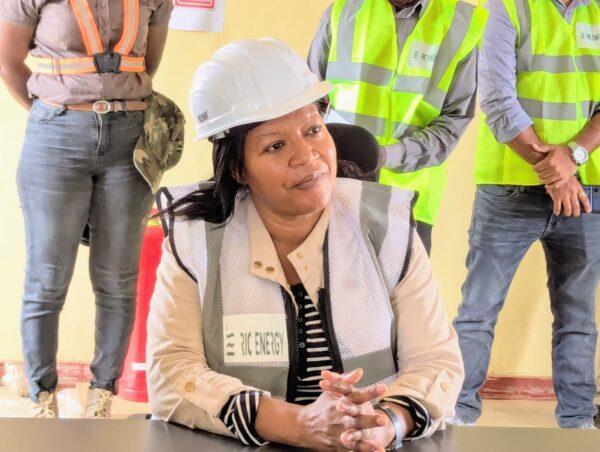Africa-Press – Malawi. Malawi’s fuel crisis has been laid bare after the National Oil Company of Malawi (NOCMA) admitted that the country has had no strategic fuel reserves since July 2024, a revelation that exposes just how close the nation has been to complete economic paralysis.
NOCMA Chief Executive Officer Clement Kanyama made the shocking disclosure during a visit to the fuel reserves in Lilongwe by Minister of Natural Resources, Energy and Mining Jean Mathanga, admitting that Malawi has been surviving “hand to mouth” for months.
“Our reserves have been empty since July last year,” Kanyama said. “We are only managing day-to-day supplies, depending on what little fuel we can import through congested routes.”
Officials said the situation has been worsened by severe foreign exchange shortages and crippling congestion at northern corridor ports, especially in Tanzania, where political unrest and logistical bottlenecks halted imports for over a week. The delay prevented the delivery of 10 million litres of fuel, deepening an already fragile supply chain.
Malawi consumes roughly 1.4 million litres of fuel daily, meaning the country has been operating with virtually no security buffer for nearly a year — a dangerous scenario that has disrupted businesses, transportation, and the agriculture sector.
Kanyama, however, expressed cautious optimism, saying that fuel imports were expected to resume this week following talks between Lilongwe and Dar es Salaam. “We are happy that our government engaged Tanzania, and the ports have now reopened,” he said.
But experts warn that reopening ports alone will not solve the crisis. The deeper problem lies in systemic foreign exchange mismanagement and delayed payments to suppliers, which have crippled NOCMA’s ability to secure consistent fuel shipments.
For months, Malawians have endured long queues at filling stations, erratic pump prices, and surging transport costs that have pushed up the price of basic commodities. Economists say the fuel shortages are not just an inconvenience—they are strangling production, inflating costs, and eroding investor confidence.
Minister Mathanga assured Malawians that government is working “around the clock” with the Ministry of Finance to secure forex and stabilise supply by week’s end.
But behind the assurances lies a harsh truth: Malawi’s energy security is hanging by a thread, and without structural reform, the country’s next fuel crisis may not just slow the economy—it could bring it to a standstill.
For More News And Analysis About Malawi Follow Africa-Press






